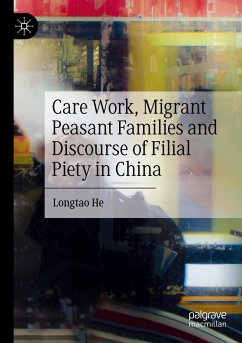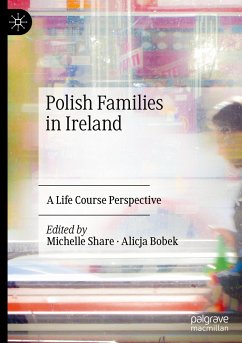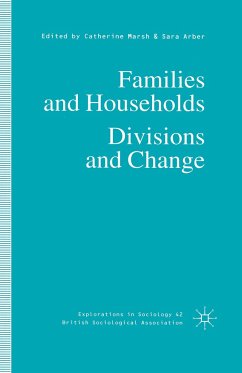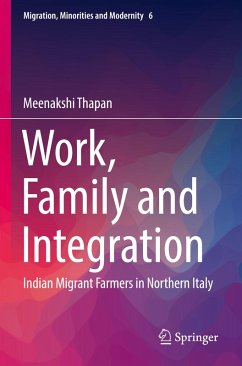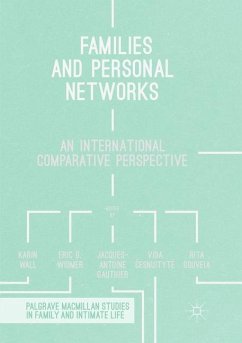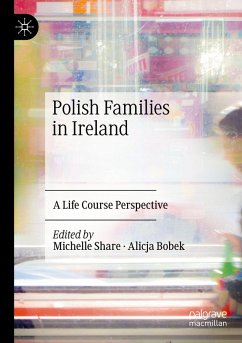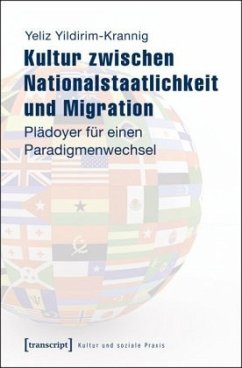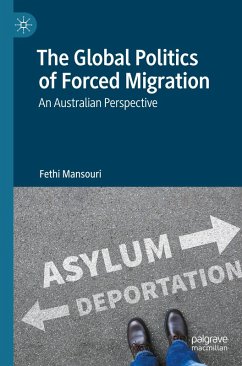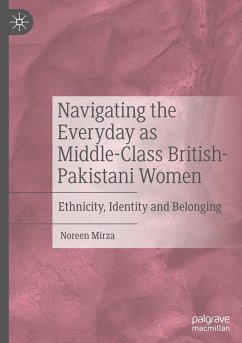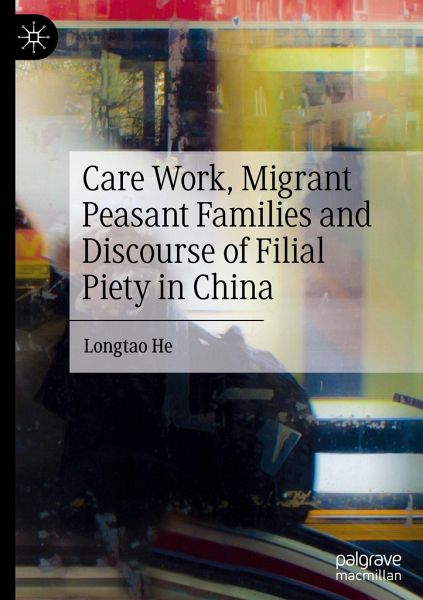
Care Work, Migrant Peasant Families and Discourse of Filial Piety in China
Versandkostenfrei!
Versandfertig in 6-10 Tagen
106,99 €
inkl. MwSt.
Weitere Ausgaben:

PAYBACK Punkte
53 °P sammeln!
This book examines the experiences of migrant peasant workers in China who care for parents diagnosed with cancer and explores to what extent contextual changes after the economic reform initiated in 1978 affected practices and experiences of caring. In his own attempt to develop a localized methodology, the author considers identifying similarities between Chinese philosophies and Foucault's theories as the key step for localizing Foucauldian discourse analysis. Three similarities are located and articulated with regard to filial care. Firstly, the complexity of discursive relations identifie...
This book examines the experiences of migrant peasant workers in China who care for parents diagnosed with cancer and explores to what extent contextual changes after the economic reform initiated in 1978 affected practices and experiences of caring. In his own attempt to develop a localized methodology, the author considers identifying similarities between Chinese philosophies and Foucault's theories as the key step for localizing Foucauldian discourse analysis. Three similarities are located and articulated with regard to filial care. Firstly, the complexity of discursive relations identified by Foucault resembles the complicated Chinese notion of the relationality of the self. Secondly, both sides have a tendency to look back to ancient times for solutions and to critique the notion of 'progress' in modernity. For Foucault, the way to attain freedom or agency is through technologies of the self, such as speaking truth (parrhesia). Lastly, both value action and practice in their theories. The book then analyzes, through this localized methodological approach, statements made by migrant peasant workers to take readers through their discursive mechanisms to construct filial piety in relation to their subjective care experiences.





